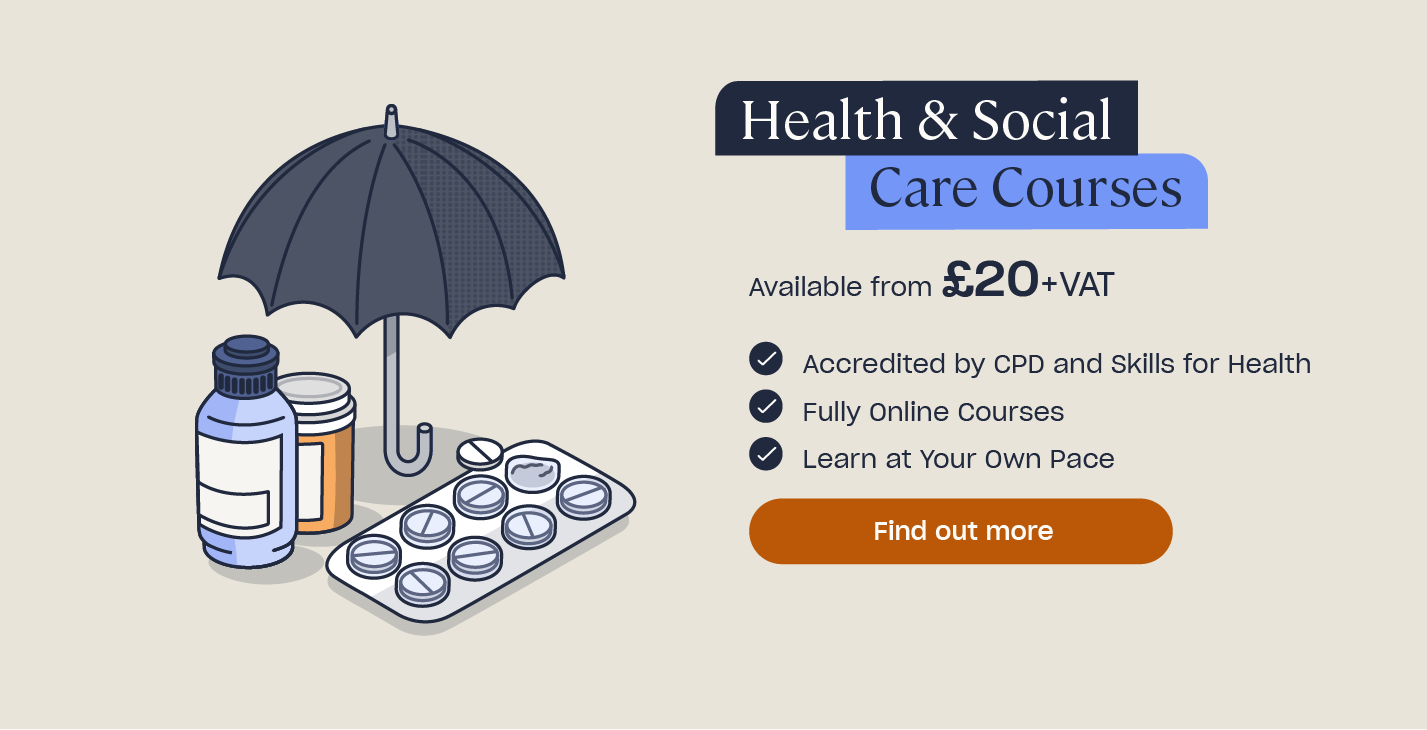How to Become a Carer
Many people choose to become carers because they want a meaningful role that makes a genuine difference each day. It can be a highly rewarding career for those who enjoy helping others and with the UK experiencing a growing demand for care workers, there has never been a better time to consider entering the sector. This article explains what a carer does, explores the different types of care roles, outlines the qualifications and skills you need and provides a clear step-by-step guide on how to get a job as a carer.

What is a Carer?
A professional carer is someone who supports individuals who need help with daily living. This can include caring for older adults, people with disabilities, those with long-term conditions or anyone who requires assistance to live safely and comfortably.
Carers provide both practical and emotional support, helping individuals manage everyday tasks that may have become difficult due to age, illness or changes in mobility. This support can be short term during recovery or long term for those with ongoing needs.
Carers often work closely with families, nurses and other health professionals to ensure the best possible outcomes for the people they support. They may work in people’s homes, residential care settings, supported living services or within community teams.
The main aim of a carer is to help people maintain independence, dignity and a good quality of life. They play a vital role in enabling individuals to stay connected, retain control over their routines and feel safe and valued in their daily lives.
Responsibilities of a Carer
Common day-to-day responsibilities of a carer include:
- Assisting with personal care, such as washing and dressing.
- Helping with mobility and safe movement.
- Preparing meals and supporting with eating and drinking.
- Housekeeping tasks, such as cleaning and laundry.
- Providing companionship and emotional support to enhance wellbeing and prevent loneliness.
- Supporting medication routines in line with training and employer policies.
- Observing and reporting changes in wellbeing.
- Accompanying individuals to appointments or social activities.

Types of Carers
Informal carers, such as family members or young carers, provide unpaid support to loved ones. While they play a vital role in society, this article focuses on professional care positions, such as:
- Domiciliary or home care workers.
- Residential care workers.
- Support workers for people with learning disabilities.
- Live-in carers.
- Reablement or rehabilitation care workers.
- Personal assistants employed directly by an individual.
What Qualifications Do you Need to be a Carer?
You don’t need specific academic qualifications or a degree to start a career in care and many employers welcome applicants with no previous experience. However, two mandatory requirements are:
- A Disclosure and Barring Service (DBS) check.
- Completion of the Care Certificate, which covers essential knowledge and best practice.
As you progress through your career as a carer, you can choose to study formal qualifications such as Level 2 Safeguarding, Level 3 Safeguarding, or a diploma in Health and Social Care. These are often funded by employers and can open the door to senior care roles, specialist positions or further training.
Looking to Learn More?
Our online, CPD Certified Care Certificate Course is fully up-to-date with all the theoretical knowledge required as part of the completion of the Care Certificate. Learn about the 16 standards and how these apply to the person or people you care for.
Skills of a Carer
Carers need a blend of soft skills and practical hard skills to provide safe and effective support. The role involves working closely with individuals who may be vulnerable, anxious or facing health challenges, so the ability to build trust and offer reassurance is essential. Many of these skills can be developed through training or previous experience in customer service, volunteering or community work.
Key skills that will help you provide consistent, person-centred care include:
- Empathy and patience.
- Strong communication and listening abilities.
- Reliability and trustworthiness.
- Problem-solving skills.
- The ability to follow care plans accurately.
- Basic understanding of health and safety.
- Time management and organisation.
- A willingness to learn and undertake ongoing training
- Respect for confidentiality and professionalism when handling personal information.
- Physical stamina for tasks such as supporting mobility or assisting with personal care.
- Observational skills to notice changes in wellbeing or behaviour.
- The ability to work both independently and as part of a wider care team.
How to Become a Carer
Starting a career in care is a straightforward process, even for those with no previous experience. With the right preparation and a clear understanding of the role, you can take steps towards entering a rewarding and secure profession that offers long-term progression.

Follow these steps to begin your career in care:
- Research the role – learn about the different types of care work and decide which area suits your interests and strengths. Consider whether you prefer visiting people in their homes, working in a residential setting or supporting individuals with specific needs, such as learning disabilities.
- Check eligibility – ensure you can complete a DBS check and meet the right-to-work requirements in the UK. Some roles may also require a driving licence, particularly domiciliary care positions that involve travelling between clients.
- Gain basic training – some employers provide full training from day one while others may prefer candidates who have begun the Care Certificate already. You can also explore introductory courses in safeguarding, first aid or manual handling to strengthen your application.
- Write a strong CV – write your CV to highlight transferable skills, such as communication, teamwork or customer service. Include any voluntary experience and explain why you want to work in care. Tailor your CV to each vacancy by reflecting the employer’s values and the needs of the people they support.
- Apply for entry-level care roles – look for vacancies with home care agencies, residential homes or charities that support adults with additional needs. Many organisations welcome applicants with little experience as long as they have the right attitude and willingness to learn.
- Prepare for interviews – take time to prepare for your care worker interview by thinking about situations where you have shown empathy, problem-solving or responsibility. Employers may ask how you would support someone to stay independent, how you would respond to a safeguarding concern or what good dignity in care looks like.
- Start your role and complete the Care Certificate – once employed, your organisation will support you with further training and supervision. You will gradually build your experience, gain confidence in daily tasks and have opportunities to progress into senior roles, specialist positions or further qualifications.
Becoming a carer offers a meaningful and secure career with many opportunities. With high demand across the UK, caring provides a chance to support others while building valuable skills and experience. Whether you are starting your first job or looking for a new direction, care work can be a fulfilling and worthwhile path to choose.
Further Resources:
- Health and Social Care Courses
- What is the Care Certificate & Why is it Important?
- Safeguarding Training Levels Explained: What’s the Difference?
- How Can We Work Together to Safeguard Adults?
- Carers’ Breaks and Respite Care for Caregivers











